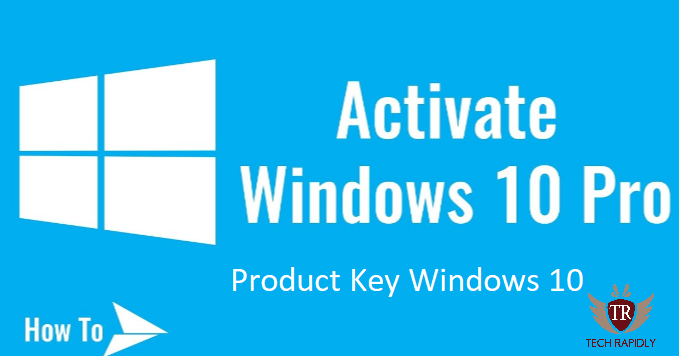Generate A New Heroku Api Key
Oct 18, 2019 Generate a new client. Generate a new client from the Heroku Platform API JSON schema: rake build Remember to commit and push the changes to Github. Release a new gem. This project follows semver from version 1.0.0. Please be sure to keep this in mind if you're the project maintainer. Be sure to run the very basic acceptance rspecs.
- Editor's note: This is a cross post from Blake Gentry, an engineer at Heroku. This is a post about the recently announced Heroku Platform API JSON Schema and how I used that schema to write an auto-generated Go client for the API. Heroku's API team has spent a large part of the past year designing a new version of the platform API.While this is the 3rd incarnation of the API, neither of the.
- Jun 11, 2018 Wrap-up. This tutorial demonstrates how to call the Heroku Platform API using curl, but you can transfer this approach to whatever language and environment you favor. The tutorial focused specifically on creating, updating and deleting apps. The API has many more resources available, including add-ons, config vars and domains.
The Heroku provider is used to interact with the resources provided by HerokuPlatform API and needs to be configured with credentials before it can be used.
» Background
Heroku is a fully-managed platform that gives you thesimplest path to delivering apps quickly:
 We have noticed that many users are trying to find out the. Similarly, Windows 10 also need the product key for all version of Windows 10. Windows 10 Professional Product Key Generator requires the product key to place in the Windows properties.is available here, and there are many other sites which offer the product key. Windows 10 Professional Product Key Generator (Windows 10 Product Key)Microsoft is providing their products free as well as activated products. For example, Microsoft Office 2007, Microsoft 2013, and other products all require serial keys or product keys of Windows.
We have noticed that many users are trying to find out the. Similarly, Windows 10 also need the product key for all version of Windows 10. Windows 10 Professional Product Key Generator requires the product key to place in the Windows properties.is available here, and there are many other sites which offer the product key. Windows 10 Professional Product Key Generator (Windows 10 Product Key)Microsoft is providing their products free as well as activated products. For example, Microsoft Office 2007, Microsoft 2013, and other products all require serial keys or product keys of Windows.
» Contributing
Development happens in the GitHub repo:
» Example Usage
» Authentication
The Heroku provider offers a flexible means of providing credentials forauthentication. The following methods are supported, listed in order ofprecedence, and explained below:
- Static credentials
- Environment variables
- Netrc
» Static credentials
Generate A New Heroku Api Key Free
Credentials can be provided statically by adding email and api_key argumentsto the Heroku provider block:

» Environment variables
When the Heroku provider block does not contain an email or api_keyargument, the missing credentials will be sourced from the environment via theHEROKU_EMAIL and HEROKU_API_KEY environment variables respectively:
» Netrc
Credentials can instead be sourced from the .netrcfile in your home directory:
» Argument Reference
Generate A New Heroku Api Key Finder
The following arguments are supported:
Html Heroku Buildpack
api_key- (Required) Heroku API token. It must be provided, but it can alsobe sourced from other locations.email- (Required) Email to be notified by Heroku. It must be provided, butit can also be sourced from other locations.headers- (Optional) Additional Headers to be sent to Heroku. If notprovided, it will be sourced from theHEROKU_HEADERSenvironment variable(if set).delays- (Optional) Delays help mitigate issues that can arise due toHeroku's eventually consistent data model. Only a singledelaysblock may bespecified and it supports the following arguments:post_app_create_delay- (Optional) The number of seconds to wait after anapp is created. Default is to wait 5 seconds.post_space_create_delay- (Optional) The number of seconds to wait after aprivate space is created. Default is to wait 5 seconds.post_domain_create_delay- (Optional) The number of seconds to wait aftera domain is created. Default is to wait 5 seconds.